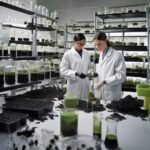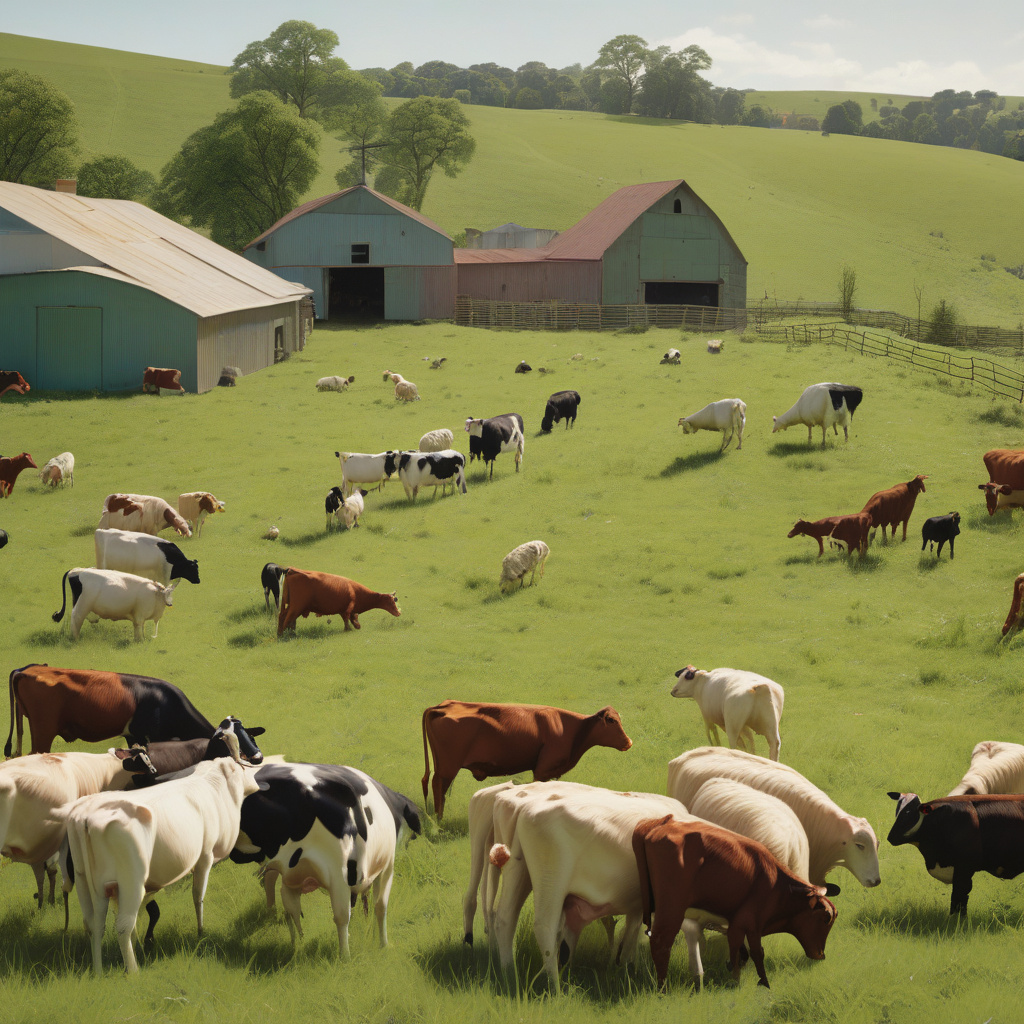Tackling Methane Emissions at the Source: Animal Health and Its Role in Sustainable Agriculture
The agricultural industry stands at a crossroads, facing the pressing need to address its environmental impact while ensuring food security for a growing global population. One of the key challenges in this endeavor is tackling methane emissions, particularly from livestock. Methane is a potent greenhouse gas, with a significantly higher warming potential than carbon dioxide over a shorter timeframe. As such, finding innovative and sustainable solutions to reduce methane emissions is crucial in the fight against climate change.
Recent years have seen a growing recognition of the role that animal health plays in addressing methane emissions at their source. By focusing on the well-being of livestock, farmers can not only improve the efficiency and productivity of their operations but also reduce the environmental footprint of animal agriculture.
The Link Between Animal Health and Methane Emissions
The link between animal health and methane emissions is multifaceted. Healthy animals are more efficient at converting feed into energy, which can lead to lower methane production per unit of output. Furthermore, a balanced diet that meets the nutritional needs of livestock can help optimize their digestive processes, reducing the fermentation in the gut that produces methane as a byproduct.
For example, research has shown that including dietary additives such as seaweed or certain types of grasses can help inhibit methane production in ruminant animals. These additives work by altering the microbial populations in the gut, making the digestive process more efficient and reducing the formation of methane.
Innovations in Animal Health for Methane Mitigation
In addition to dietary interventions, technological innovations are also playing a crucial role in mitigating methane emissions from livestock. For instance, researchers are exploring the use of probiotics and other microbial supplements to manipulate the gut microbiota of animals, leading to reduced methane production. These advancements not only contribute to environmental sustainability but also improve the overall health and well-being of the animals.
Moreover, precision livestock farming technologies, such as wearable sensors and automated monitoring systems, enable farmers to closely monitor the health and behavior of their animals. By detecting early signs of disease or stress, farmers can intervene promptly, preventing health issues that may contribute to increased methane emissions.
The Future of Sustainable Agriculture
The future of farming isn’t just about reducing methane emissions—it’s about embracing a holistic approach that prioritizes animal welfare, environmental stewardship, and economic viability. Sustainable agriculture practices that focus on animal health not only benefit the planet but also result in healthier, more productive livestock and higher-quality agricultural products.
By investing in research and innovation that supports animal health and welfare, the agricultural industry can pave the way for a more sustainable and resilient future. Through collaboration between farmers, researchers, and policymakers, we can develop comprehensive strategies to address methane emissions at their source and build a more sustainable food system for generations to come.
In conclusion, tackling methane emissions in agriculture requires a multifaceted approach that encompasses advancements in animal health, nutrition, and technology. By prioritizing the well-being of livestock and implementing sustainable practices, we can create a more resilient and environmentally friendly agricultural sector that meets the needs of the present without compromising the future.
#MethaneEmissions, #AnimalHealth, #SustainableAgriculture, #ClimateChange, #Innovation












